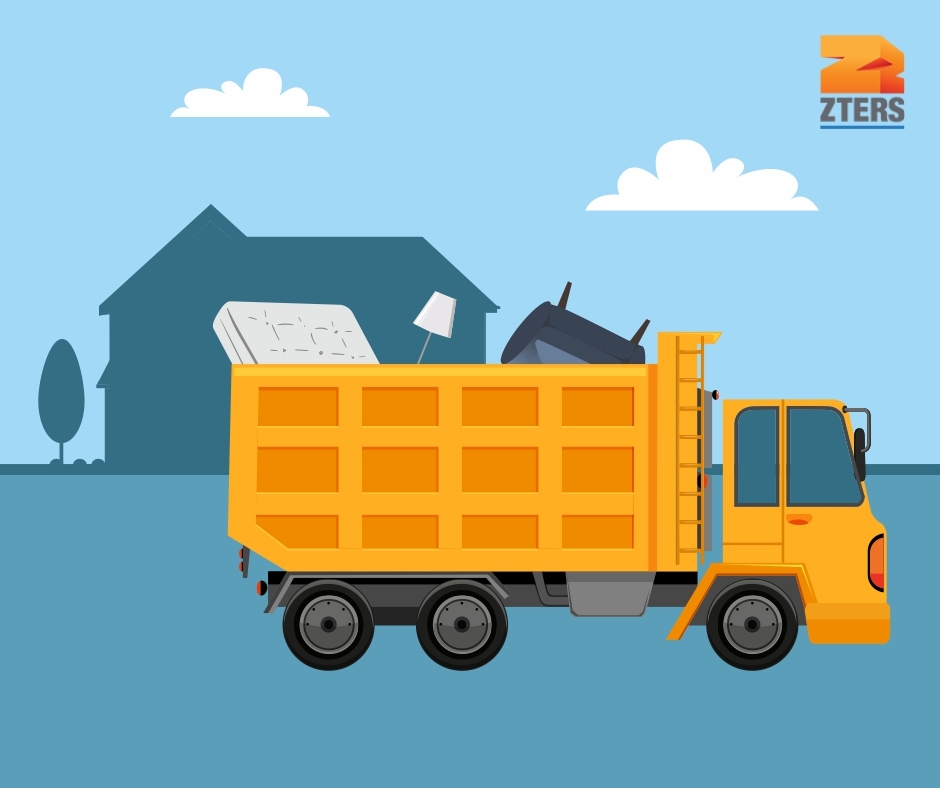Understanding Construction Debris Types and Sources
Understanding Construction Debris Types and Sources
Blog Article

Construction projects, whether large or small, often generate a significant amount of waste. This waste, commonly referred to as construction debris, can include a variety of materials such as wood, metal, concrete, drywall, and packaging. Managing this debris is crucial not only for maintaining a clean and safe job site but also for complying with local regulations and promoting environmental sustainability. In this article, we will explore the types and sources of construction debris, the benefits of professional removal services, and practical tips for those who wish to manage construction waste on their own.
Understanding Construction Debris: Types and Sources
Construction debris is typically categorized into several types, reflecting the diverse materials used in building projects. The most common sources of construction debris include:
- Residential Construction: Home renovations and new builds often result in discarded materials such as lumber, roofing shingles, and insulation.
- Commercial Construction: Larger projects, like office buildings or shopping centers, generate considerable waste, including metal scraps, concrete, and glass.
- Demolition: When structures are torn down, debris can include bricks, concrete blocks, and hazardous materials that require special handling.
Identifying the types of debris generated on a job site is the first step in effective waste management. Understanding the sources can also help in planning for proper disposal methods, recycling opportunities, and minimizing environmental impact.
Benefits of Professional construction debris removal Services
While some may consider handling construction debris removal independently, hiring professional services can offer numerous advantages. Here are some key benefits:
- Efficiency: Professionals are trained and equipped to handle debris removal quickly and effectively. They have the resources to manage large quantities of waste, allowing for a smoother workflow on the construction site.
- Safety: Construction sites can be hazardous, with heavy materials and potential toxic substances. Professionals are knowledgeable about safety protocols and can mitigate risks associated with debris handling.
- Compliance: Many regions have strict regulations regarding waste disposal. Professional services are familiar with local laws and can ensure that all debris is disposed of in compliance with these regulations.
- Environmental Responsibility: Many debris removal companies focus on recycling and sustainable practices. They can help divert materials from landfills, promoting environmental stewardship.
Given these advantages, it is often worthwhile to consider engaging a professional service for construction debris removal, particularly for larger projects where efficiency and safety are paramount.
DIY Tips for Managing Construction Waste Effectively
For those who prefer a hands-on approach or are managing smaller projects, there are effective strategies for removing construction debris. Here are some DIY tips:
- Sort Materials: Before removal, sort debris into categories such as wood, metal, concrete, and recyclables. This not only streamlines the removal process but also enhances recycling opportunities.
- Utilize Recycling Centers: Many materials can be recycled, including metals and certain types of wood. Research local recycling centers that accept construction materials to minimize landfill waste.
- Use Proper Containers: Ensure you have the right containers for each type of material. Clearly label them to avoid contamination and simplify the disposal process.
- Plan for Disposal: Have a clear plan for how and when debris will be removed from the site. Consider renting a dumpster if you anticipate a large volume of waste.
By implementing these practices, individuals can effectively manage construction debris while minimizing the environmental impact of their projects.
In conclusion, whether through professional services or DIY approaches, managing construction debris is essential for maintaining a clean, safe, and compliant job site. Understanding the types of debris, the benefits of professional removal, and effective waste management strategies can significantly impact the efficiency and sustainability of construction projects. If you're interested in exploring reputable companies for professional construction debris removal, you can find valuable resources here.
Report this page